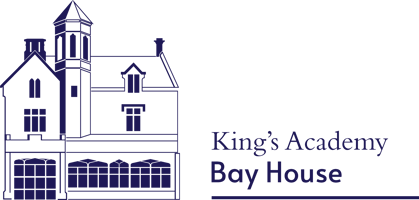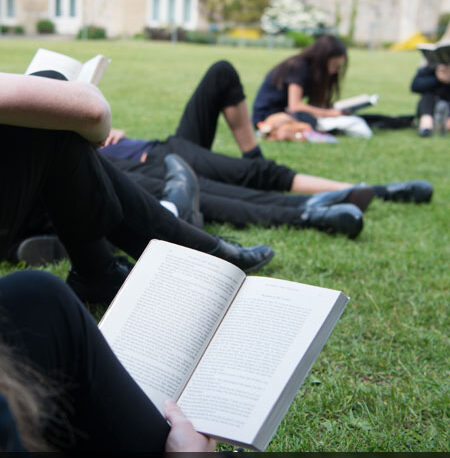Sociology
Key Stage 3
The options carousel gives year 9 pupils the opportunity to have an introduction to subjects they can study at GCSE but are not part of the core KS3 curriculum in year 7-9. For 6 weeks, pupils will study Sociology where they will be introduced to the key sociological concepts and see examples of cultural diversity. They will gain an understanding of how we acquire our identities as well as be introduced to core sociological perspectives such as Feminism and Marxism. Pupils are assessed through a short assessment at the end of the 6 weeks.
Key Stage 4 – GCSE
We follow the Eduqas curriculum, which focuses on:
- Culture and Socialisation
- Research Methods
- Family
- Education
- Crime and Deviance
- Social Stratification
Learners tend to really enjoy the subject, which will be new to them at Year 10. Learners will also be challenged with developing new exam skills for GCSE studies such as extended writing for long-mark questions and learning new key terms to use in their writing.
Key Stage 5 – A Level
Sociology is the study of societies and how they shape people’s ideas, their social behaviour and their cultures, and how, in turn, people interact together and shape their societies.
We teach the Eduqas Curriculum. Students sit all units as an exam at the end of their second year. First year components are also assessed within the college at the end of the lower sixth year as internal exams. Many continue to complete the full A-level, which is assessed by 3 external exams at the end of the second year.
Units taught in first year:
- Culture and Socialisation
- Research Methods
- Family
- Education
Units taught in second year:
- Social Inequality
- Crime and Deviance
In the second year, learners start the new topics as well as revise the content covered in the first year. Learners will continue to be assessed on each topic throughout their second year in preparation for the A level exams.
We encourage the learners to stretch themselves and really engage with the academic nature of the course by conducting wider reading and attending seminars at local universities.

